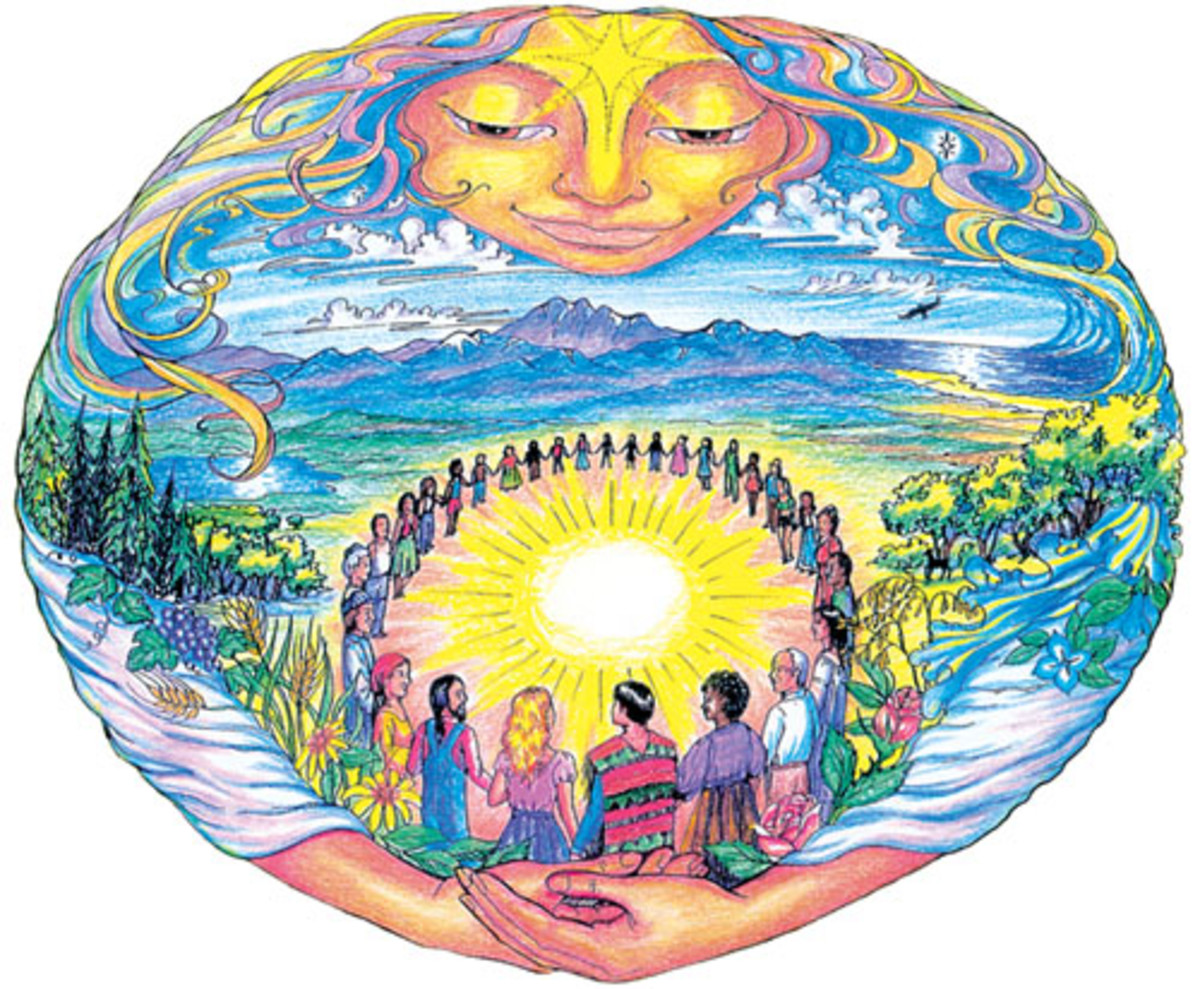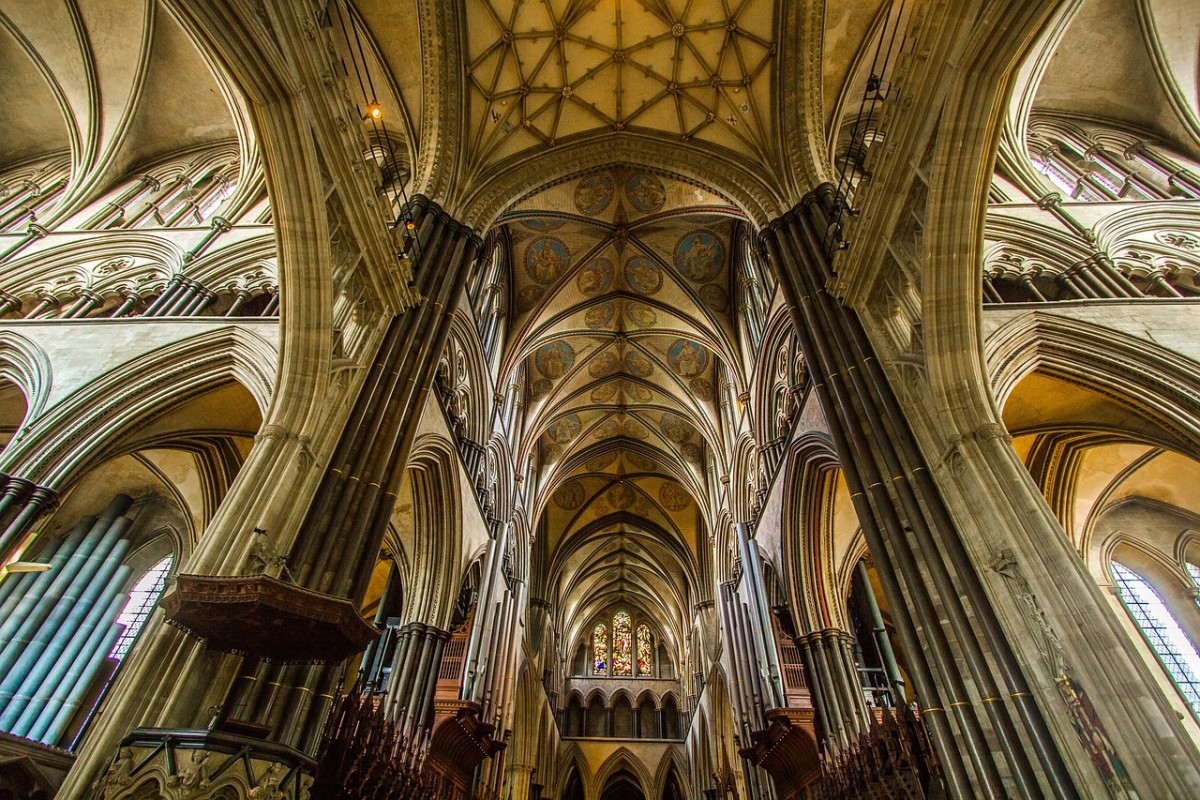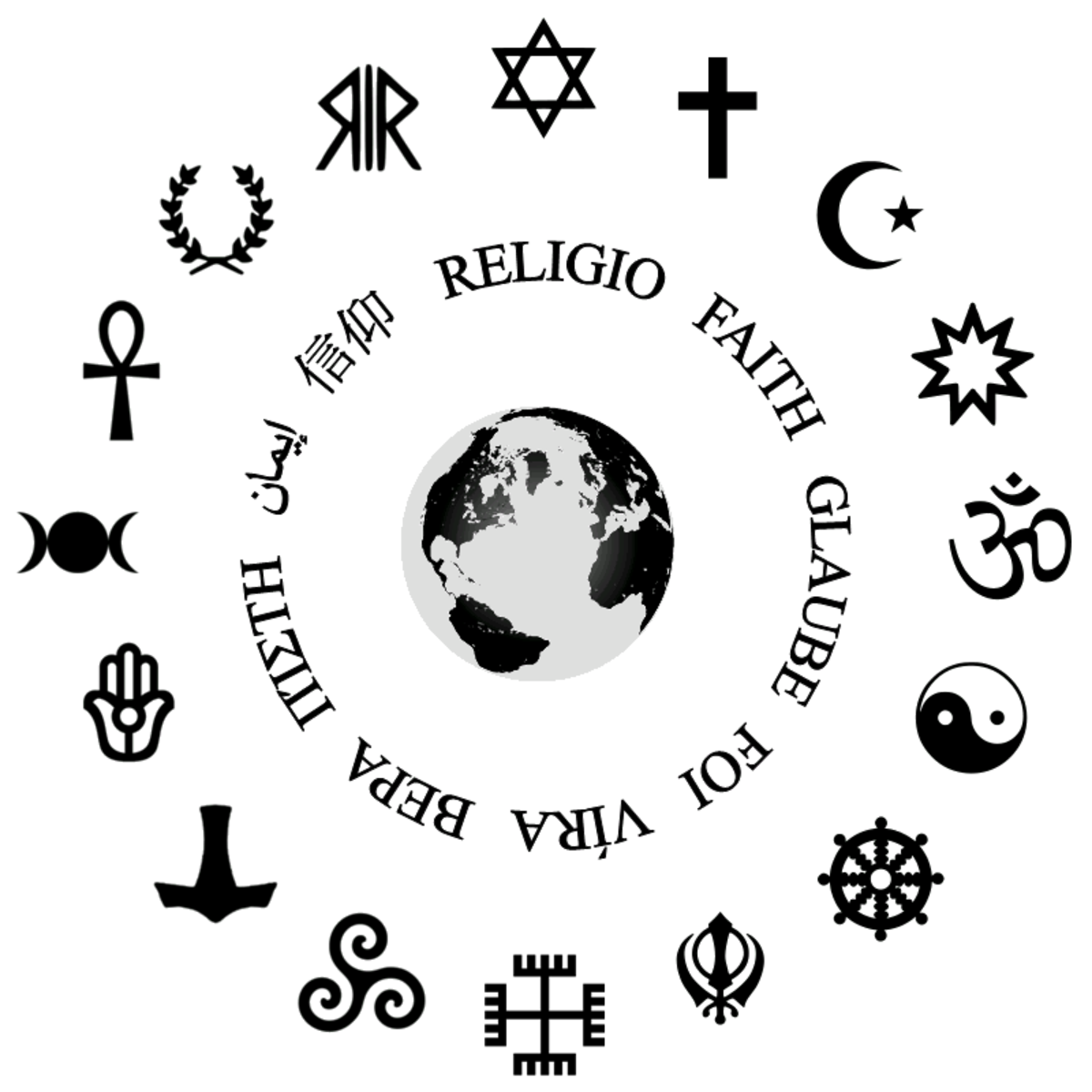Christianity, Judaism and Islam - Are They Really So Different?
Hello again readers. Tonight I want to talk a bit about religion. This may be a touchy subject with some, and I am not aiming to light any fuses here. I am personally Christian, but I do not look down upon any religion, and in a lot of cases, I believe that we all worship the same God - and it is simply the way we worship him that separates our religions. In this article I am going to highlight the similarities and differences between Islam, Judaism and Christianity - the 3 largest religions. Let's start with a short synopsis of each religion.
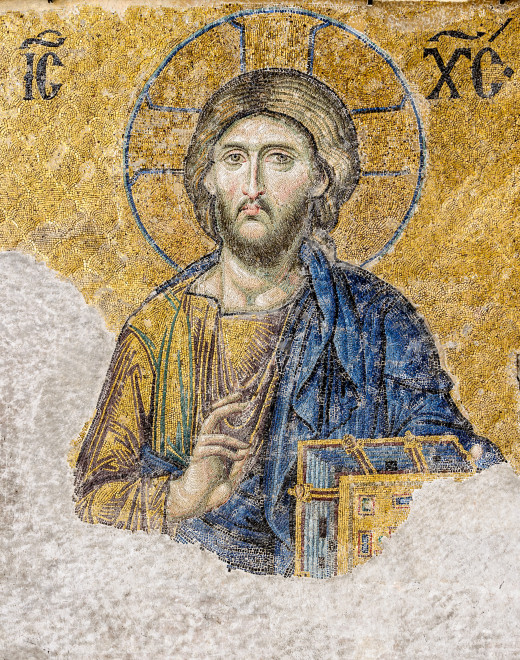
Christianity
Originally a split-off sub-sect of Judaism over 2000 years ago, Christianity quickly grew in numbers throughout the world. Jesus, the son of God, was originally a follower of Judaism; but when he disagreed with some of their teachings and ways of doing things, he started preaching his own versions. As you could imagine this did not go over well within the hierarchy of Judaism. The followers of Christianity, to include Jesus himself, were exiled. It is said to be the world's largest religion with over 2.3 Billion worshipers.
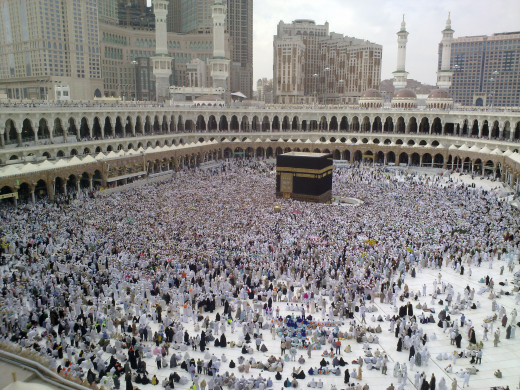
Islam
While Islam is indeed a very large religion, in fact the 2nd largest in the world with over 1.5 Billion worshipers, it is among the youngest of the major religions. Islam was founded by the Prophet Muhammad in Mecca, during 622CE. Muhammad reformed the teachings of Abraham, Moses and David to correct and amend to them, as God had instructed him to. While Jesus shows up in the Islamic texts as a Prophet, he is not the Messiah that he is in Christianity.
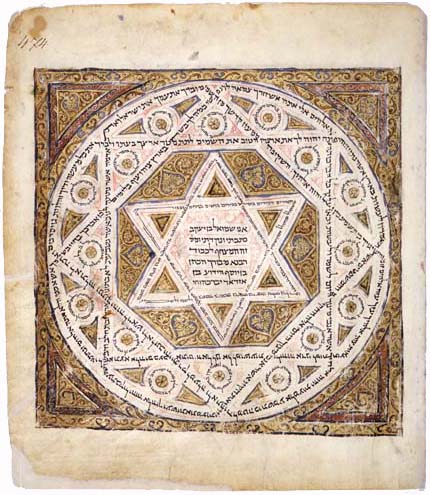
Judaism
As the world’s oldest prophetic religion, and twelfth largest, Judaism has over 14 million worshipers. Judaism got its start with a divine covenant between the ancient Israelite's God and Abraham in 2000BCE. The Jewish people believe in one God, and one god alone, ruling and watching the entire universe. God had given the Torah to Moses and commanded it must never be changed- though God does speak to his people through prophets. The followers of Judaism believe that the Messiah will return and all truly good people will be gathered in Israel.
Okay, so now we have a general understanding of each religion, right? Now let's discuss some topic points where they differ and where they are truly alike.
Sacred Texts
Every religion has countless sacred texts. More specifically I want to talk about their main books. Christianity reads of the Bible, Islam's book is the Koran, and Judaism has the Tanakh. Each one is a collection of writings about God and the Prophets. The stories in each vary, but all have the same message: Be the best person you possibly can and help mankind as a whole.
Sura 29:46 (AI-Ankabut) says: "And do not argue with the people of the Book (Jews and Christians) except in the best way, unless it be with those among them who do evil. Say: 'We believe in that which is revealed to us and which was revealed to you. Our God and your God is one. To Him we surrender ourselves.'"
Prophets
While Christianity, Islam and Judaism all recognize Jesus in their writings, the importance of Jesus varies greatly in each religion. In Christianity he is revered as the Holy Savior - the son of God himself, born of a virgin mother Mary. Islam, however, recognizes Jesus as a true prophet of God; they do not believe he died for our sins. Muslims also believe the Prophecy of Jesus has been severely skewed or corrupted through time. Judaism however does not believe Jesus played a part of any importance - that he was just an ordinary man. All three recognize Jesus' death, but only Christianity and Islam will affirm his ascension into heaven afterwards. The same can be said for the second coming of Jesus and his judgment on mankind.
"...For our sake he was crucified...he suffered death and was buried. On the third day he rose again...he ascended into heaven..."(Nicene Creed)
Jesus was not crucified (Quran 4:157), but was raised to Heaven by Allah (4:158)
All three religions believe that God communicates his word through Prophets. A lot of the Prophets in the religions are shared - Abraham, Muhammad, Jesus, Moses, etc. The main difference is the importance, as before noted, that each prophet plays in the scriptures. For instance, while Jesus is a key player in Christianity, he is less such in Islam, and of no importance or relevance in Judaism.

Prayer
Every religion prays to their god; it is the way to communicate with him to offer thanks and ask forgiveness of their sins. Prayers are often very akin to each other, but also differ greatly in methods and mannerisms.
While Christian prayers are very free-formed; meaning they could be made up on the fly, or read entirely from a text - Muslim and Judaic prayers are mostly traditional and read or memorized from texts. Muslims perform a ritualistic prayer, called the Salal or Salat in Arabic, 5 times daily facing Mecca. The followers of Judaism traditionally pray 3 times daily, read from the Siddur, a written book of prayers. One thing stands true at all times with prayer; the person offering prayer is taking time out of his or day to worship his God and ask forgiveness for his sins.
Watch this truly beautiful sight below, as millions of Muslims gather at Mecca during the Hajj for a recitation (prayer) lead by Sheikh Baleela in 2013. The Hajj is a pilgrimage that takes place yearly. It is viewed as a sacred duty for all Muslim males to make this pilgrimage at least once in their life.
Sins and Sinning
Lust, Greed and Stealing. What is the common theme between these words? Sin. While Christianity is the only religion that believes in "original sin," all of the three religions believe in sin. Original sin is the notion that we are all born with sin, residual from Adam and Eve. Judaism and Islam both believe you are born neutral and must work your way to good or bad, if you sin you must ask God for forgiveness of that sin.
We inherit a sinful nature through our common ancestor Adam, who rebelled against God. Jesus Christ atoned for our sins through his death on the Cross (Romans 5:12-17)
Achieved through good works, thus personal righteousness must outweigh personal sin (Quran 23:101-103)
Heaven and Hell
What is to happen to us upon death? Do we just cease to exist? Do our souls continue roaming the Earth? Do our souls get born again into another creature?
For these questions we have no clear cut answer. However, all three of the Abrahamic religions we've been discussing tonight believe roughly the same theories when it comes to afterlife. Yes, Heaven and Hell. While the names vary (due to cultures and languages) Heaven and Hell are both a part of all 3 religions.
On Hell:
A place of everlasting punishment for the unrighteous (Matthew 25:46)A place of torment and fire (Quran 25:65, 104:6-7)
My Conclusion
From what we've seen here today there are a lot of striking similarities between the three religions, and the only real difference, in my opinion, is how they are celebrated or practiced. As we learned, the Abrahamic Religions all have the same roots, but are just different twists on the same scripture. I myself, as aforementioned, am a Christian - But I will never down talk any religion. I believe in mutual respect and personal choice – after all, we’re all the same in the end.

